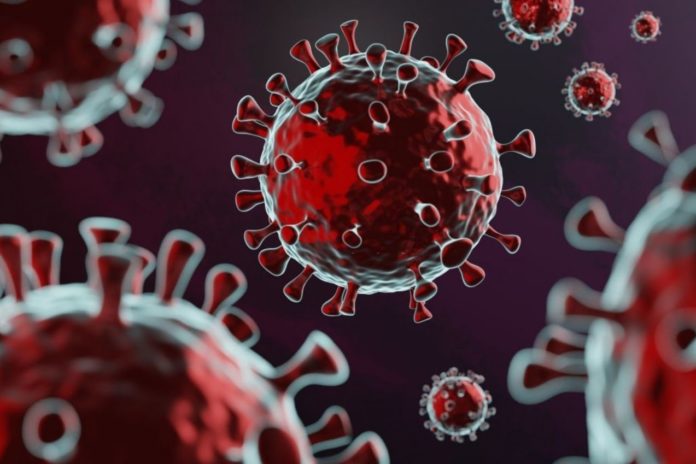Researchers in the U.S. have discovered the RNA (ribonucleic acid) of the coronavirus in people’s homes a month after they recovered.
Scientists at the University of Texas at Austin, led by Kerry Kinney, have attempted to fill the gap in the study of the survivability of coronavirus in the homes of people who have had it.
- Neuroscience Breakthrough: Study Pinpoints Brain Activity That Helps Prevent Us From Getting Lost
- Brief Anger Hampers Blood Vessel Function Leading to Increased Risk of Heart Disease and Stroke – New Study
- New Blood Test Pinpoints Future Stroke Risk – Study Identifies Inflammatory Molecules as Key Biomarker
- Enceladus: A Potential Haven for Extraterrestrial Life in its Hidden Ocean Depths
- New Experiment: Dark Matter Is Not As ‘DARK’ As All We Think
As you know, the main way of transmission of infection is air, when viral particles are inhaled with air. The virus is transmitted by contact when drops containing an infection fall on our body and reach to human mucosa.
It was found that the virus can live on various surfaces from 3 hours to 28 days.
According to the published conclusions of American researchers, in the homes where people who have had Covid-19 live, the virus is also very tenacious.
During the study, the biomaterial was found in smears that were taken from the surfaces of the TV, sofa, door handles, toilet flush buttons, carpets, floors, as well as air conditioning filters.
Their greatest concentration was found on the carpet in the bedroom of those who had been ill and on the filters of the air conditioners.
Studies have confirmed the presence of the COVID-19 virus in the house, even a month after recovering from the illness.
However, the degree of concentration of viral RNA does not make it possible to assess how infectious the virus remains.
The results of the study were published in the journal of Science of the Total Environment.
- Neuroscience Breakthrough: Study Pinpoints Brain Activity That Helps Prevent Us From Getting Lost
- Brief Anger Hampers Blood Vessel Function Leading to Increased Risk of Heart Disease and Stroke – New Study
- New Blood Test Pinpoints Future Stroke Risk – Study Identifies Inflammatory Molecules as Key Biomarker
- Enceladus: A Potential Haven for Extraterrestrial Life in its Hidden Ocean Depths
- New Experiment: Dark Matter Is Not As ‘DARK’ As All We Think
Image Credit: Getty
